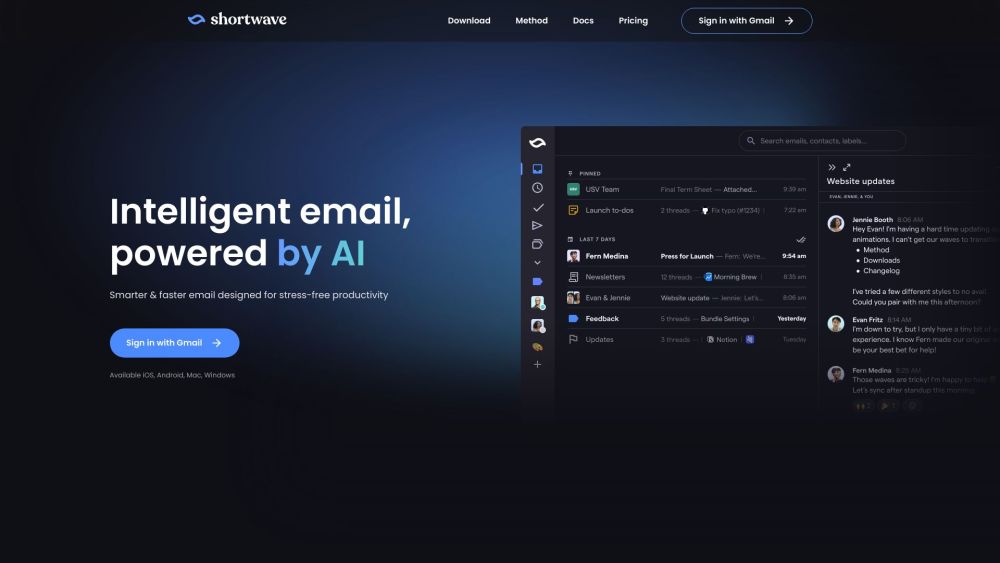On Thursday, Apple revealed that its third-quarter financial results exceeded Wall Street’s predictions, with overall revenue rising by 5%. The iPad segment, having struggled in recent years, achieved the most significant growth this quarter, climbing from $5.8 billion to $7.2 billion year-over-year. This surge in tablet sales, driven by the line's most substantial refresh in years, helped offset a slight decline in iPhone revenue, which fell from $39.7 billion to $39.3 billion compared to the previous year.
Despite this decline, the iPhone continues to be Apple's leading product category by a considerable margin, followed by the services segment, which encompasses software offerings like iCloud, Apple TV+, and Apple Music. This services category showed robust growth, increasing from $21.2 billion to $24.2 billion during the same three-month period last year.
A significant factor contributing to the slowdown in iPhone sales can be traced back to the Greater China region, where overall revenue dropped from $15.8 billion to $14.7 billion for the quarter. According to Canalys data released last week, iPhone sales in China decreased by 6.7%, falling from 10.4 million to 9.7 million units for the quarter, as reported by Reuters.
The decline in Apple's third-largest market (behind the Americas and Europe) had a notable impact on the company’s overall performance. To combat increased competition from domestic rivals, Apple began aggressively discounting iPhone prices in China starting in May, leading to a remarkable increase in sales during that month—up nearly 40% compared to the previous year.
Huawei, previously hindered by U.S. sanctions that restricted access to essential software and components from companies like Google and Qualcomm, has made a significant comeback in its home market. By developing its own chips and an alternative to Android, the company has experienced a substantial rebound. Canalys data indicates a 41% year-over-year growth for Huawei, enabling the company to outsell Apple in China with total sales of 10.6 million units during the quarter.
This marks the second consecutive quarter of declining global iPhone sales, amplifying the pressure on Apple's generative AI strategy outlined during the WWDC event in June. In a recent CNBC interview, CEO Tim Cook emphasized the company's commitment to advancing Apple Intelligence.
“We’ve redeployed many of our employees from other projects to focus on AI,” Cook stated. “From a data center perspective, we have a hybrid strategy, utilizing both our own capabilities and partnerships with others. This capital expenditure will reflect in our partners' financials, with us covering the associated expenses.”
Some of these resources were reportedly allocated after Apple decided to scale back its autonomous electric car initiative, known as Project Titan.





